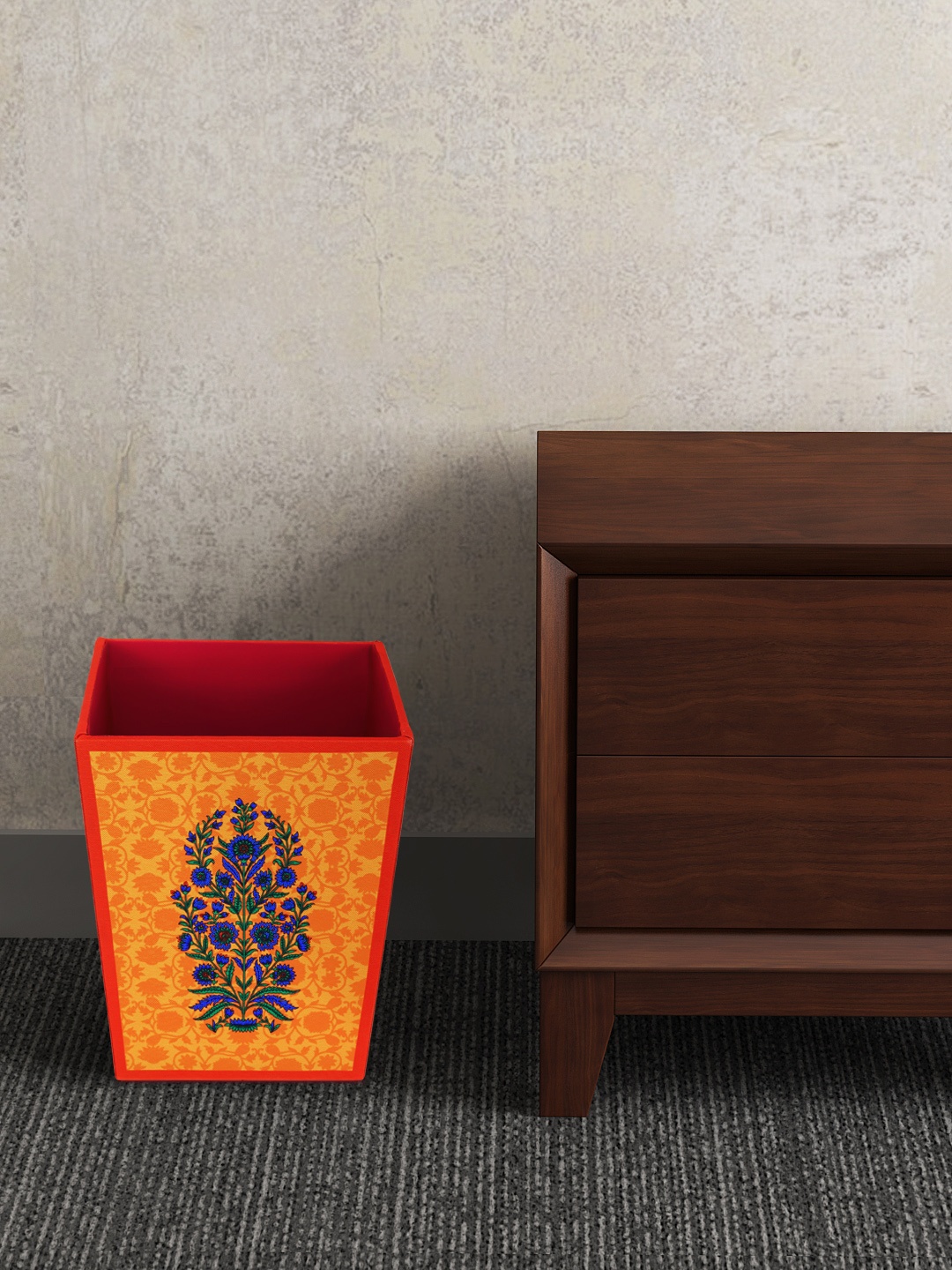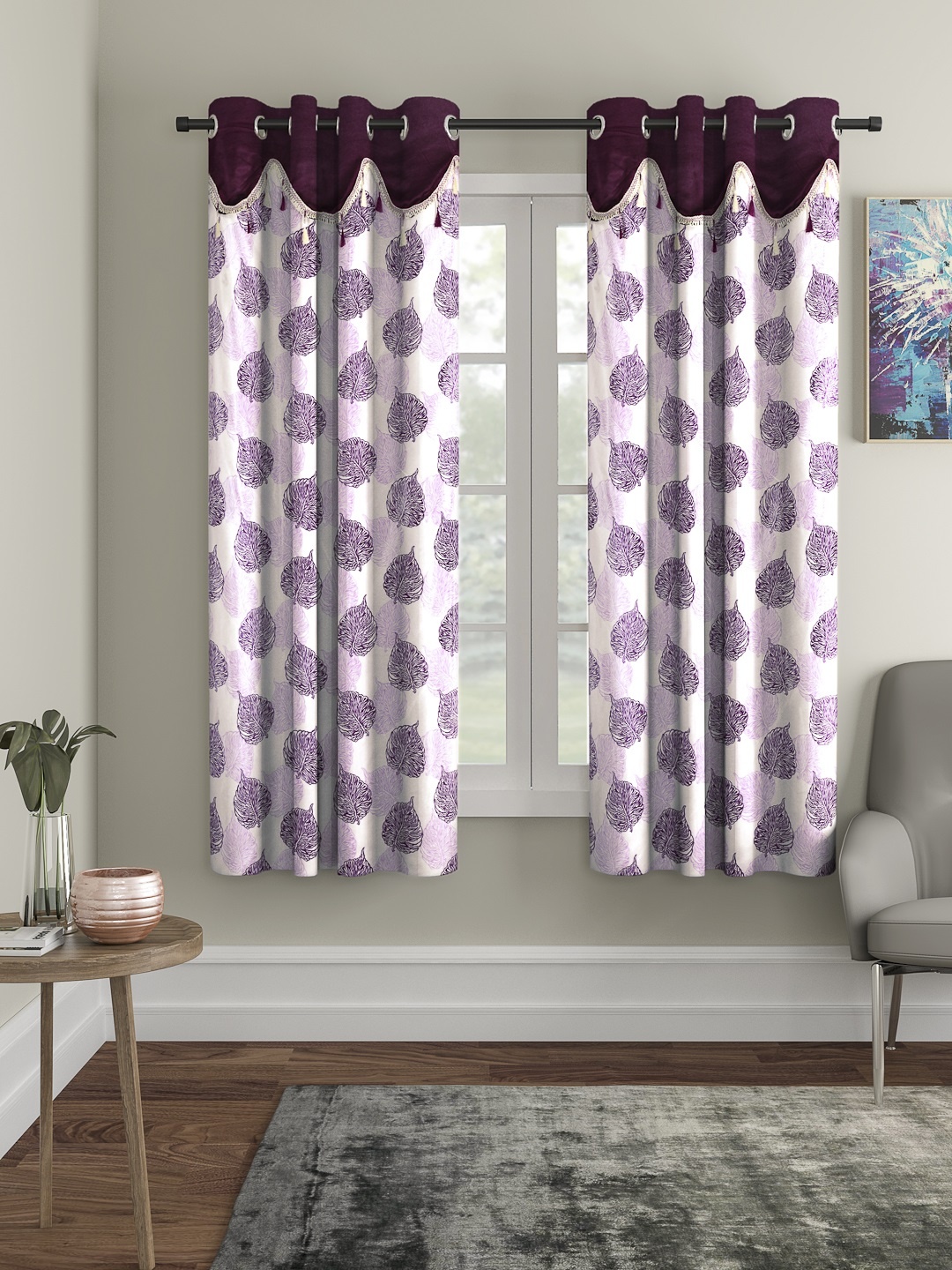Digital vs Analogue Clocks: Which One Fits Modern Homes Best?
Know what is better for modern homes: digital clocks with their clear, multifunctional displays and modern style, or analog clocks with their classic design and educational time-telling benefits.

Get to know which one is better for your home wall decor: Digital or Analogue Clocks
Every household has at least one clock, often more. From schooldays when that wall clock decided the fate of a morning rush, to adulthood when bedside alarms either save jobs or ruin moods, timepieces are woven into everyday life. But the way we measure time has shifted. Once upon a time, the round dial with two hands ruled supreme. Now, glowing numbers shine on walls, mobiles, and microwaves.
This tug-of-war between digital and analogue clocks isn't just about design. It's about convenience, style, emotion, and practicality. Both have their champions, one rooted in tradition, the other sprinting into the future. So, which is better for modern homes: digital clocks with their clear, multifunctional displays and modern style, or analogue clocks with their classic design and educational time-telling benefits? Let's explore.

In today's homes, the silent battle continues, sleek digital clocks versus timeless analogue clocks; Photo Credit: Pexels
Breaking It Down: 10 Ways Digital And Analogue Clocks Compete In Modern Homes
1. The Charm of Tradition: Analogue's Emotional Edge
There's something deeply comforting about an analogue clock. It has character, like an old storyteller whose hands move with grace. Each tick feels alive, almost like a heartbeat pulsing through a home. Think of the living room wall clock in many houses, it doesn't just tell time, it witnesses family conversations, fights and laughter.
Children often learn time on these dials. The visual of 'quarter past' or 'half past' becomes easier to grasp when a hand literally points to numbers. It adds rhythm to how one thinks about hours. Digital numbers may be precise, but they lack this poetic drama.
Analogue clocks also bring nostalgia. The familiar sound of ticking during summer afternoons, or the steady chime every hour, connects generations. It's not just about knowing it's 4:15; it's about experiencing time's gentle flow.
In homes where décor matters, an analogue clock works like art. Wooden frames, brass designs, or colourful patterns blend with furniture, making walls look complete. They're not just devices, but companions that quietly carry the beauty of time.
2. Digital Precision: A Modern Lifestyle's Favourite
On the other side of the battle stands the digital clock, sharp and efficient. No ticking, no guessing, just a clean display of numbers. In today's fast-paced routine, clarity matters. Whether waking up early for a metro ride or keeping an eye on the cooking timer, digital clocks leave no room for confusion.
For the tech-savvy generation, digital feels natural. After all, smartphones, laptops, and smart TVs all show time in the same glowing digits. Why should a clock be different? With features like alarms, stopwatches, and even temperature displays, digital clocks multitask effortlessly.
Imagine waking up at 5:45 a.m. for yoga. An analogue alarm may betray with faint hands lost in sleepiness. But a glowing digital clock, sometimes with snooze buttons big enough to smack in half-awake fury, saves the day.
Practicality also shines during nighttime. A glowing number on the bedside table is easier to read without fumbling in the dark. While analogue whispers tradition, digital speaks of convenience, something homes today crave.
Also Read: Turn Your Walls Into Showstoppers With Designer Clocks; Get Up To 55% Off On Myntra
3. Décor Wars: Elegance vs Minimalism
A clock is more than a time tool; it is a décor statement. Analogue clocks bring warmth. A round dial with Roman numerals on a beige wall, or a quirky, colourful design in a children's room, adds personality. They often blend into furniture like an old friend blending into conversations.
Digital clocks, however, thrive on minimalism. Sleek, sharp, and modern, they sit well in spaces designed with contemporary flair. Think of a glass table, metallic chairs, and a digital clock with glowing blue numbers, it fits like puzzle pieces.
For homes where décor is about storytelling, analogue remains unmatched. For homes chasing modern aesthetics with sharp edges and minimal clutter, digital shines. Interestingly, some households strike a balance: analogue clocks in common spaces for charm, and digital ones in bedrooms for functionality.
Choosing one over the other often depends not just on taste but on the 'feel' of the home. After all, a rustic kitchen with a digital wall clock feels out of place, just as a sleek office desk with a giant pendulum clock looks odd.
4. The Sound Factor: Tick vs Silence
One underrated element in this debate is sound. Analogue clocks, especially traditional ones, tick. Some people find it soothing, almost meditative, a reminder that life moves moment by moment. For others, it's unbearable, especially when trying to fall asleep.
Digital clocks, in contrast, are silent. No ticking, no background sound, just numbers glowing quietly. This makes them favourites for bedrooms, hospitals, or offices where silence is golden.
Yet, sound carries culture. Remember the grandfather clock that chimes every hour? It becomes part of the home's rhythm, like temple bells at dawn or the whistle of a pressure cooker. Digital clocks, for all their silence, sometimes feel soulless.
The choice here depends on personality. Those who crave peace might find analogue intrusive. But those who love soundscapes of life often see ticking as music.

Get to know which one is better for your home wall decor: Digital or Analogue Clocks; Photo Credit: Pexels
5. Ease of Reading: Numbers vs Hands
Digital clocks win hands down when it comes to quick reading. The time is exact, no calculation needed. It's especially useful for kids learning numbers or elderly family members who struggle to see faint clock hands.
Analogue clocks, however, train the brain differently. Reading an analogue dial helps with concepts of time, like understanding how long 'fifteen minutes' looks on a circle. It encourages spatial awareness and patience. There's also a mental satisfaction in glancing at a clock and seeing how much of the hour has 'gone' and how much remains.
Consider a student revising for exams. A digital clock may show '7:45,' but an analogue clock shows how close the minute hand is to 8. That visual nudge can motivate better time management.
Both styles teach different lessons. Digital is about precision; analogue is about perspective. Homes often benefit from having both, depending on who's looking at the clock and why.
6. Technology Meets Time: Smart Clocks
The conversation isn't just analogue versus digital anymore. Enter smart clocks, hybrids that borrow features from both. With voice assistants, Wi-Fi connectivity, and mobile syncing, they do more than show time.
Picture this: a smart digital clock that wakes you up, tells you the weather, and reminds you of your grocery list. For busy households, it's like having a tiny secretary. Prices range widely, from affordable ₹1,500 models to premium ₹10,000 gadgets with glowing displays.
Interestingly, many smart clocks still use analogue-inspired designs, round dials with hands, but powered by digital brains. It's a way of blending charm with practicality.
Smart clocks represent the way forward. They're not just about telling time but managing life. Yet, they raise the same question: do we want our clocks to be companions or devices? Some households still prefer the simplicity of a ticking dial that asks for nothing more than a battery change once in a year.
7. Affordability: A Matter of Budget
When it comes to price, analogue clocks are friendly on the pocket. A decent wall clock costs anywhere from ₹300 to ₹1,200, depending on brand and design. Even ornate wooden frames don't burn holes in wallets.
Digital clocks, though often affordable, come with added features, alarms, LED lights, temperature displays, that push prices higher. A basic digital alarm may start at ₹500, but stylish models easily cross ₹2,000. Smart digital clocks climb much higher.
The budget decision isn't just about buying but about replacing. Analogue clocks, once purchased, often last years with a simple battery replacement. Digital clocks, especially cheaper ones, may not survive long, leading to more frequent expenses.
For families balancing household budgets, the analogue clock is reliable. For those who see clocks as gadgets rather than furniture, digital feels worth the extra rupees.

Get to know which one is better for your home wall decor: Digital or Analogue Clocks; Photo Credit: Pexels
8. Durability and Maintenance
Analogue clocks are known for longevity. Many households still have wall clocks ticking after decades, surviving battery changes and minor repairs. Even mechanical ones with wind-up keys have a charm that technology can't erase.
Digital clocks, though modern, sometimes face issues like dimming displays or malfunctioning circuits. Power cuts can also make them unreliable unless backed by batteries. In regions where electricity plays hide and seek, analogue feels sturdier.
Maintenance is another factor. Cleaning dust from an analogue clock is simple, but repairing a digital circuit isn't always pocket-friendly. Analogue thrives on simplicity; digital sometimes struggles with fragility.
Durability often tips the scales for older generations, who value longevity. Younger households may accept shorter lifespans, as style and features matter more than endurance.
9. Cultural and Emotional Resonance
Clocks carry more meaning than time. An old pendulum clock passed down from grandparents is often a treasured heirloom. The sound of its chime carries memories of childhood, festivals, and family gatherings. Analogue clocks thrive on this emotional value.
Digital clocks rarely hold the same nostalgia. They're functional, not sentimental. A glowing LED alarm rarely makes it into family photo albums. Yet, they do represent modern values, efficiency, speed, and adaptability.
Think of a wedding gift. A brass analogue wall clock symbolises timelessness, while a digital one may feel too practical. Both carry meaning, but one leans on tradition and sentiment, while the other leans on present-day utility.
Culture often decides the winner here. Homes that cherish rituals and aesthetics lean towards analogue. Those that celebrate modernity and technology choose digital. Both tell time, but they tell stories differently.
10. The Verdict: Blending Old and New
So, which clock suits modern homes best? Truthfully, it's not about one versus the other. Both have places in today's households. Analogue clocks bring tradition, style, and emotion. Digital ones bring precision, silence, and convenience.
A well-balanced home often carries both. A large analogue wall clock in the living room becomes a centrepiece, while digital clocks glow quietly in bedrooms or kitchens. Each serves its purpose, each complements the other.
In the end, the best clock is the one that fits your rhythm. If time feels like a story, choose analogue. If time feels like a task, choose digital. Or perhaps, keep both, because homes, like lives, are best when they blend tradition with modernity.
Products Related To This Article
1. ASH-CO 3D Digital LED Wall & Desk Clock with Date
2. ACCORD CLOCKS Large Digital Wall Clock 14 Inch
3. OWNAIR Digital Clock for Table
4. Amazon Brand - Umi 10" Plastic Digital Wall Clock with Remote Control
5. 13.7 Inch Wall Clocks, Large Digital Wall Clock with Timer Remote Control Automatic Brightness Dimmer
6. Evolluxi - 12-inch Digital Wall Clock with Day Week Temperature
7. Blairmore Alarm Clock Digital Alarm Clock Table Clock for Students
Time never stops, but the way it's read changes with generations. Analogue clocks whisper stories of patience and beauty, while digital ones mirror the speed of today's lives. Both have unique charms, and both suit different corners of a home.
Modern homes don't need to pick sides. A balance of elegance and efficiency, ticking hands and glowing digits, makes for a household where time feels both timeless and timely. After all, in a world that rushes forward, isn't it comforting to pause, glance at a clock, whichever kind, and remember that life is measured not just in hours, but in moments? Shop these top picks of clocks for your home.
Disclaimer: The images used in this article are for illustration purposes only. They may not be an exact representation of the products, categories, and brands listed in this article.









![Steam Iron Teflon Shoe Cover for ES-300,ST-96 [Only For ES-300 and ST-96 Model Electric Steam Irons]](https://m.media-amazon.com/images/I/51wwkttondL._SL160_.jpg)















